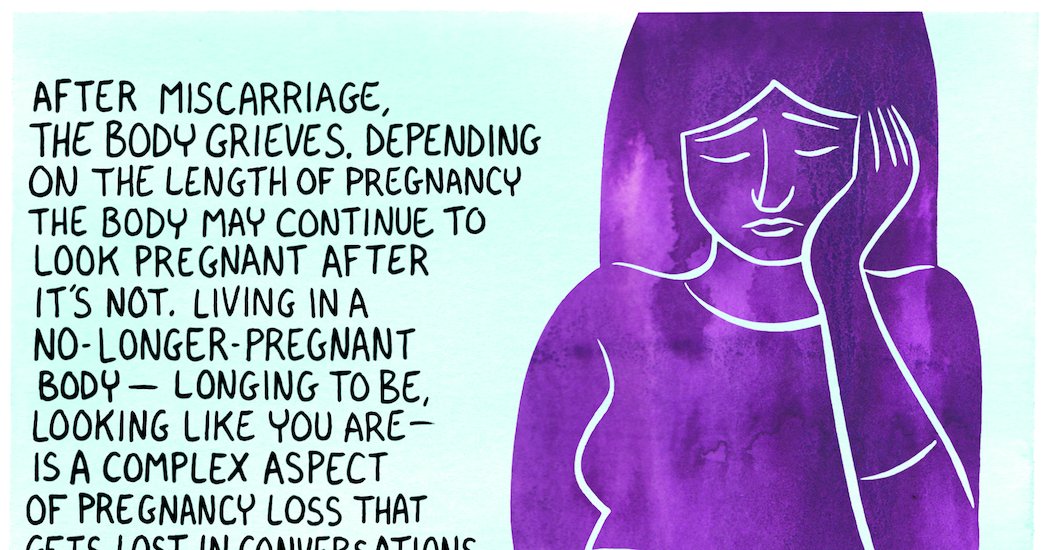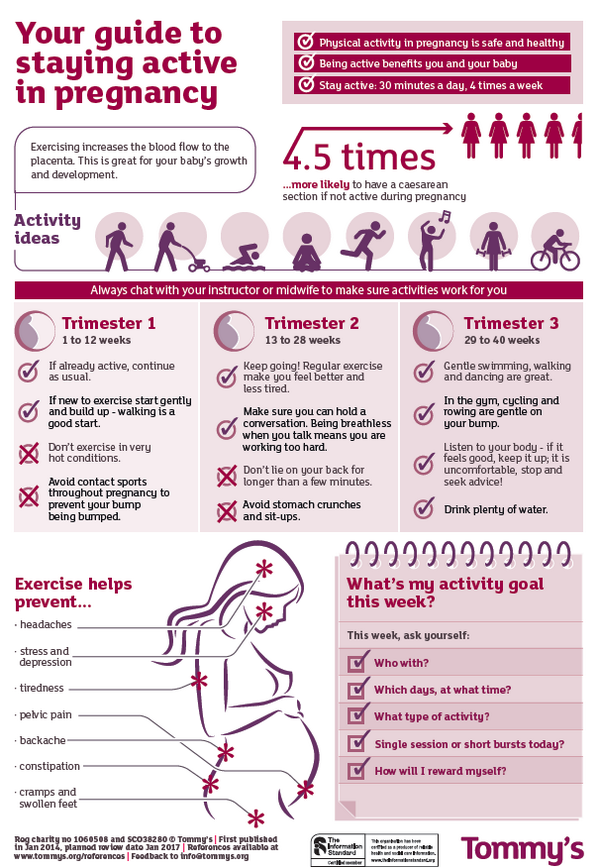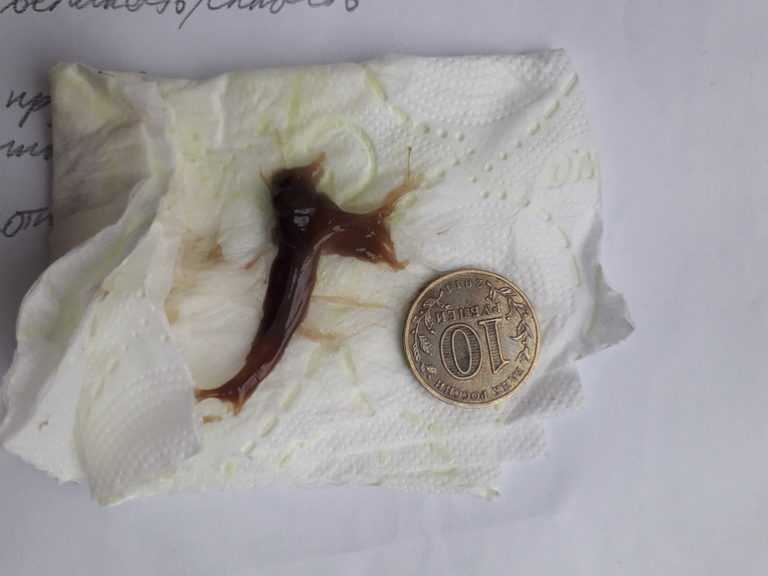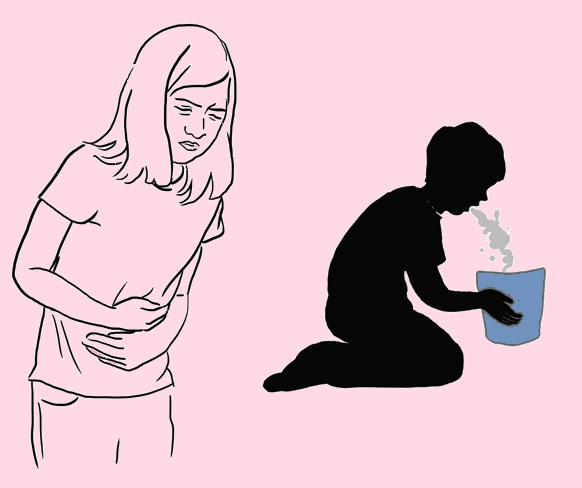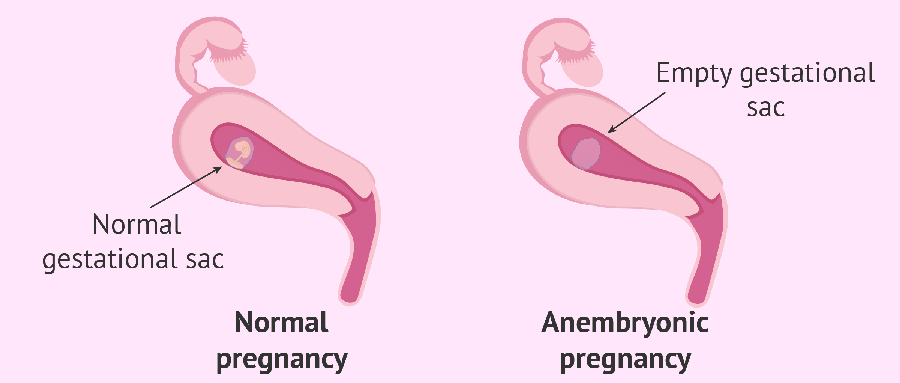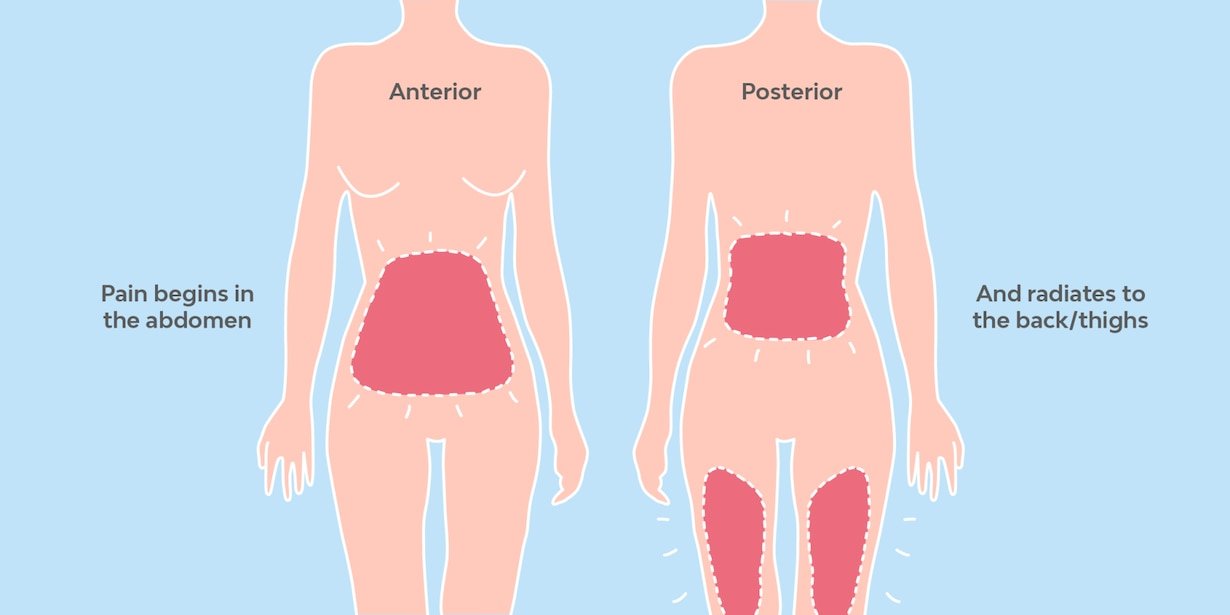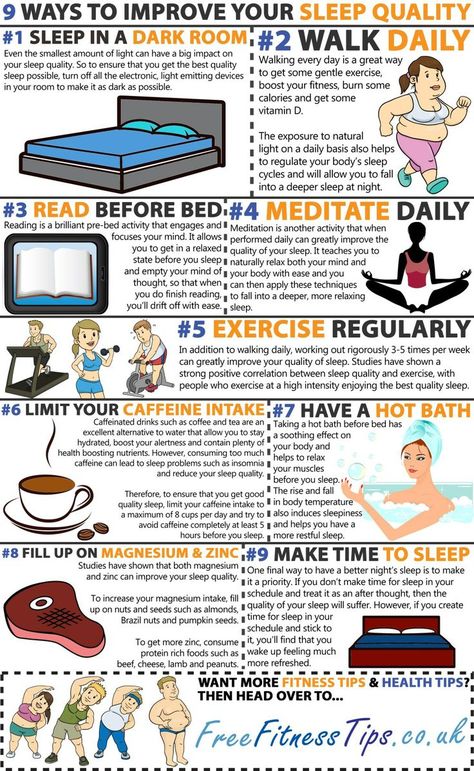Healing after a miscarriage
Emotional Healing After a Miscarriage: A Guide for Women, Partners, Family, and Friends
A miscarriage can have deeply felt and long-lasting changes on a woman’s body, mind, and spirit. Because the experience affects her, it often affects each of her relationships: with her baby, partner, family and close friends, and herself.
Understanding the emotional and relational dynamics that may follow a miscarriage can help women and loved ones grieve and move closer to holistic healing in all areas of their lives.
TABLE OF CONTENTS
How Miscarriage Affects:
Women
The Baby and Future Pregnancies
Partners
Relatives and Friends
Suggestions for Healing:
Self
Families
Couples
Loved Ones
Pregnancy can begin changing a woman’s body as early as the fourth week (PDF, 448 KB). At this point, she may start gaining weight due to hormonal increases and experience nausea, tender breasts, increased urination, and fatigue.
Becoming pregnant may also change a woman’s relationship with her body. Some of the women interviewed for this story reported feeling compelled to better care for themselves by drinking more water, packing healthy snacks, and getting enough sleep. Caring for the body becomes caring for the new life.
A miscarriage can breach this sense of self-trust and self-compassion. Afterward, women may feel a range of negative emotions toward their bodies, including anger, guilt, disappointment, or frustration with themselves for being unable to continue the pregnancy. Even after the body starts to recover, women can have a hard time reconnecting with their bodies, according to Nancy Jo Reedy, MPH, CNM, FACNM, faculty with the online Nurse-Midwifery/Women’s Health Nurse Practitioner and Women’s Health Nurse Practitioner programs from Georgetown University School of Nursing & Health Studies. “A miscarriage early on is like the worst period of your entire life.”
Some women experience their bodies as a traumatic site after a miscarriage. A 2019 study found that nearly a third of women who experienced early pregnancy loss met the criteria for post-traumatic stress disorder one month later; around 18% met the criteria nine months later.
A 2019 study found that nearly a third of women who experienced early pregnancy loss met the criteria for post-traumatic stress disorder one month later; around 18% met the criteria nine months later.
Depression and anxiety are common after pregnancy loss. Often there is an “appropriate sadness,” said Reedy, and anxiety that persists for up to a year is not uncommon for either partner. These feelings can be especially intense if the pregnancy was long-awaited.
After a Miscarriage: Self-Care and Personal Healing
Consider reaching out to a mental health provider.
“Losing a pregnancy is losing a child,” according to Reedy. A therapist or counselor can be helpful in sorting through the complicated emotions and grief that may accompany a pregnancy loss. Women with a history of depression or anxiety in particular can benefit from checking in with a mental health professional. If cost is a concern, look into the mental health benefits offered by an insurance plan, or search for a provider with a sliding scale payment system.
Continue to practice self-care after a miscarriage.
Even though the pregnancy will not continue, caring for the body is still essential for healthy miscarriage recovery. Hydration, good nutrition, light exercise, and sleep will help the body heal. Consider trying a new physical activity that brings you joy or allows for an emotional release, such as boxing. If possible, now is a good time to invest in self-care more than you typically would. For example, a postnatal massage can be therapeutic and may be covered by your health insurance plan.
Remember that most women can get pregnant again.
Around 85% of women who experience a pregnancy loss will go on to have healthy pregnancies, according to the American Pregnancy Association. For women with two or three miscarriages, that number is 75%. “[In] the majority of cases, we would not expect it to happen again in the future,” said Reedy. “For women that do have problems, there is testing we can do, and hopefully, help to avert another miscarriage. ”
”
Back to top arrow_upward
For many women, emotional attachment begins early in the pregnancy. “Once the women are really into it, it’s not a pregnancy. It’s a baby,” said Reedy. While healthy and normal, that attachment can intensify feelings of loss after a miscarriage, which in turn can fuel a sense of guilt.
The most recent National Survey of Public Perceptions of Miscarriage found that almost half (47%) of respondents, both men and women who had a direct or observed experience with a miscarriage, reported feeling guilty. About 41% felt they had done something wrong, and 28% felt ashamed.
In reality nothing could have been done to cause or prevent the loss, said Reedy. According to the Mayo Clinic, most miscarriages happen because the fetus is not developing healthily — not because of anything the woman did or did not do. However, a significant percentage of Americans still believe stressful events (76%) or lifting heavy objects (64%) cause miscarriage.
Learning the facts about miscarriage can help dispel unhelpful myths, but both partners may still feel the painful loss and fear for future pregnancies. Women who have previously miscarried or had a stillborn baby typically take longer to attach to the next pregnancy — often until after the week the miscarriage happened. “It’s a subconscious way of protecting yourself from the unbearable grief of losing a child,” said Reedy.
After a Miscarriage: Healing for Families
Acknowledge the pregnancy existed.
By tradition, many would-be parents wait until after the first trimester, when the risk of miscarriage drops, to share their news. But if a miscarriage does happen, this old standard can put partners in a difficult position, grieving the loss of a pregnancy that few people knew about.
Recognizing the baby existed, to themselves and possibly to loved ones, can help partners move forward when ready. “You can’t say goodbye to something you never had,” said Reedy, “So acknowledging that the pregnancy was there [is important]. ”
”
Consider memorializing the baby.
For many partners, a miscarriage feels like losing a child. Acknowledging pregnancy loss in a way that is meaningful to you can be a healthy, appropriate way to grieve. “Sometimes you do that in your heart or in a letter or in a little family memorial,” said Reedy.
Remember that another pregnancy will not shorten the grief.
Becoming pregnant again can seem like the perfect solution to any potential suffering experienced after a miscarriage. However, conceiving will not necessarily erase those painful feelings. Instead of waiting for another pregnancy to find healing, consider what can help you feel better now. What activities did you enjoy before the loss, and can you reengage with them in a manageable way?
Back to top arrow_upward
Women tend to form a healthy emotional attachment early in the pregnancy. Their partners tend to take longer, according to Reedy, usually attaching around 20 weeks when the baby begins to move.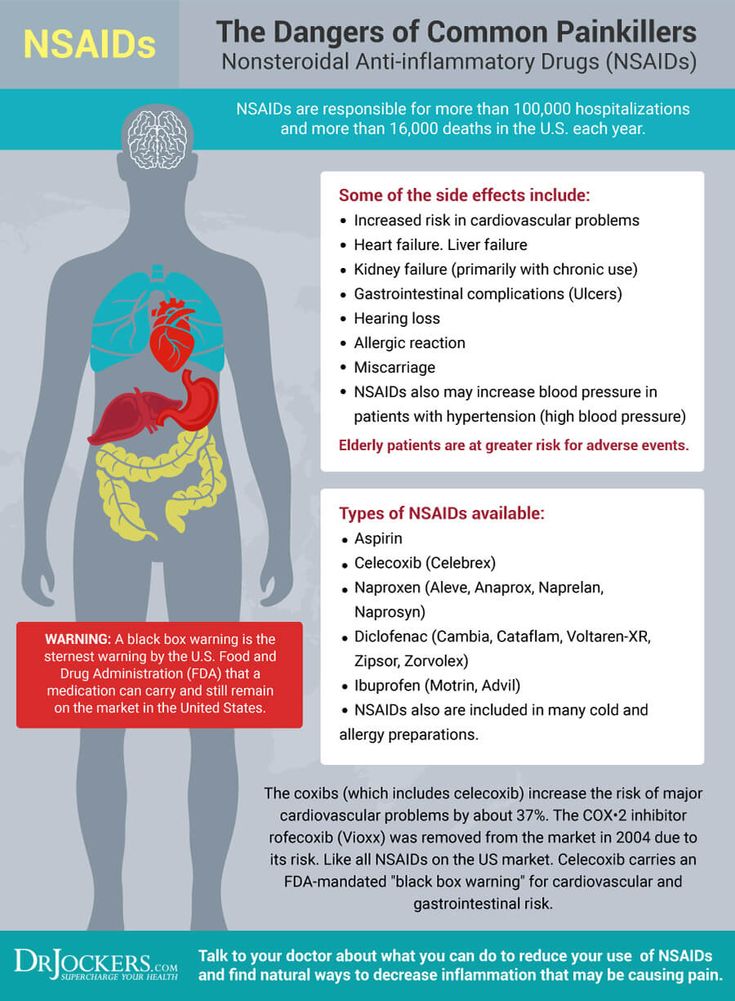 Because miscarriages typically occur before 20 weeks gestation, the two partners are likely to feel a different level of attachment when the loss occurs. Often the partner’s first concern is for the woman’s health and safety, which can cause her to wonder why he does not seem to care about the baby. Emotionally, they are in two different places.
Because miscarriages typically occur before 20 weeks gestation, the two partners are likely to feel a different level of attachment when the loss occurs. Often the partner’s first concern is for the woman’s health and safety, which can cause her to wonder why he does not seem to care about the baby. Emotionally, they are in two different places.
A further complication is that partners may grieve the miscarriage differently. In Reedy’s experience, many of the gender stereotypes have proven true: women often want to talk with loved ones while men seek out activities. But the reverse can also be true: The woman may be ready to jump back into work while the man needs space to grieve. Either scenario can make communicating about each other’s needs difficult.
After a Miscarriage: Healing for Couples
For the Partner Who Was Pregnant
Keep in mind that your partner is less likely to have developed an attachment before 20 weeks.
This is normal emotional development and not an indicator that he does not care for the baby.
For the Partner Who Supported the Pregnancy
Reaffirm that the loss is not your partner’s fault.
Much of the American public places blame on women for miscarriage. In reality, most miscarriages (60%) happen due to chromosomal abnormalities in the fetus, according to a patient guide on repeated miscarriages.
Talk, listen, and process together.
Regardless of your own style of grieving and communicating, take special efforts to be aware of your partner’s emotional and mental health. Make your desire to meet her needs a priority.
Help think through ways to share the news with any other children.
Miscarriage can be a challenging and emotional experience to share with anyone. With your partner, brainstorm age-appropriate ways to explain what happened to any other children in your family. Picture books, such as Something Happened: A Book for Children and Parents Who Have Experienced Pregnancy Loss, may be appropriate for younger children.
For Both
Know that you do not need to think about trying to conceive again until you are both ready.
Friends and family members may ask you about conceiving again. While their queries and advice may be well-meaning, remember that the decision to pursue another pregnancy is yours, not theirs.
Back to top arrow_upward
Although today’s culture has become more accepting of conversations about pain, particularly the suffering of women, miscarriage seems to persist as a taboo topic. As a result, a miscarriage recovery can feel isolating. A national survey on public perceptions of miscarriage found that around 41% of respondents felt alone after the miscarriage happened.
People may not know what to say even when the loss is shared and openly discussed. Even relatives and close friends can say hurtful things unintentionally, further isolating the woman and her partner.
At the same time, others in a woman’s community may be getting pregnant and safely delivering. Seeing others celebrate life while in a season of loss is unavoidable but can be deeply painful. Creating both healthy boundaries and open spaces for grief can help women, their partners, and their loved ones recover from their loss.
Seeing others celebrate life while in a season of loss is unavoidable but can be deeply painful. Creating both healthy boundaries and open spaces for grief can help women, their partners, and their loved ones recover from their loss.
After a Miscarriage: Healing Among Loved Ones
For the Partner Who Was Pregnant
Take the time and space you need to recover.
Each individual’s timeline and needs in the healing process will be different. You may heal more slowly or quickly than peers or your own mother, even if they experienced pregnancy loss at the same number of weeks of gestation. Try to have compassion for your own healing. Consider logging out of social media or muting the updates of women who are pregnant, if these are painful to see.
Find a miscarriage support group.
A support group can provide a place of community and mutual understanding from women in miscarriage recovery. To find an online group, try searching for “miscarriage support” on social networks. For an in-person community, ask your care provider for recommendations.
For an in-person community, ask your care provider for recommendations.
For Relatives and Friends
Treat other pregnancies with sensitivity.
An individual who has recently experienced a miscarriage might feel pain or sadness to hear of others celebrating pregnancies. Share this news in a thoughtful way and allow space to process, if needed.
Help provide care for any other children.
In this season, partners may appreciate extra support in entertaining and caring for any other children in the family. Offer to babysit for an evening or take them for a day trip on a weekend day.
Stay especially close to women with a history of depression or anxiety.
Grieving a miscarriage can be an emotionally intense experience. If your loved one has a history of mental health concerns, check in often and follow up frequently.
For All
Consider a family memorial.
After a miscarriage, some families may want to honor who the baby would have been.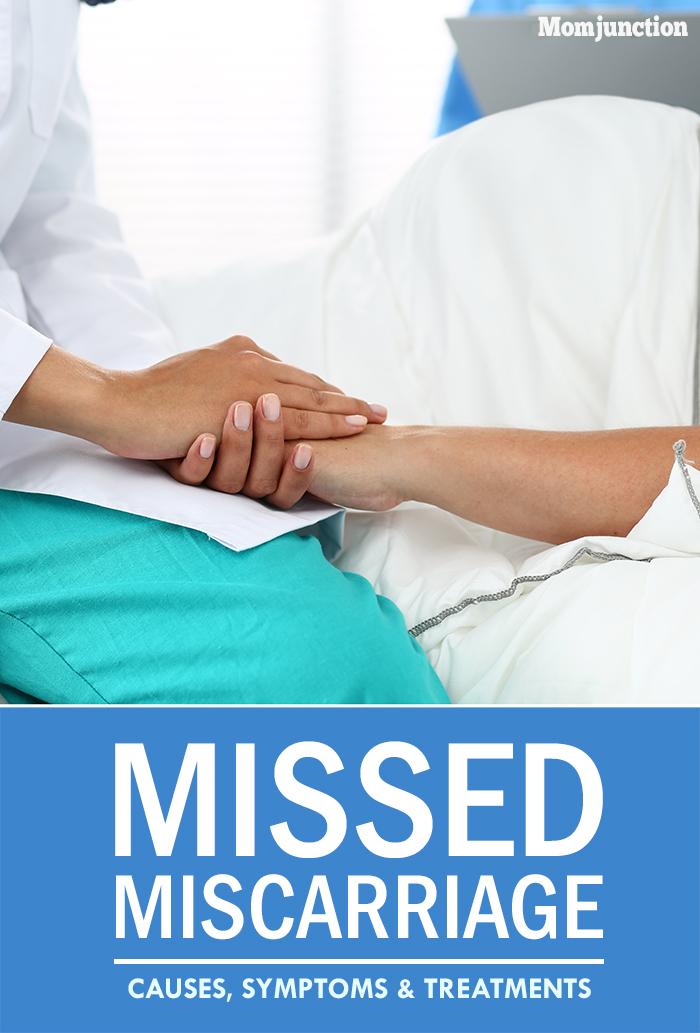 Possible ideas for commemorating the pregnancy include a memorial service, a family dinner, or a donation to a charitable organization.
Possible ideas for commemorating the pregnancy include a memorial service, a family dinner, or a donation to a charitable organization.
Back to top arrow_upward
No two women who experience miscarriage have the same recovery. Each has her own time line, grief, needs, and hopes — but Reedy believes they have one thing in common.
“Recovery doesn’t mean forgetting,” she said. “Recovery means it finds a place in your heart.”
Citation for this content: Nursing@Georgetown, the online Women’s Health Nurse Practitioner program from the Georgetown University School of Nursing & Health Studies
How do you heal a broken heart? Coping after miscarriage
How do you heal a broken heart? Coping after miscarriage | Edward-Elmhurst HealthCOVID-19 Information Center: get the latest on vaccines, testing, screening, visitor policy and post-COVID support >>
Back to Healthy Driven Blog Home
October 02, 2020
|
by Julie Jensen, M.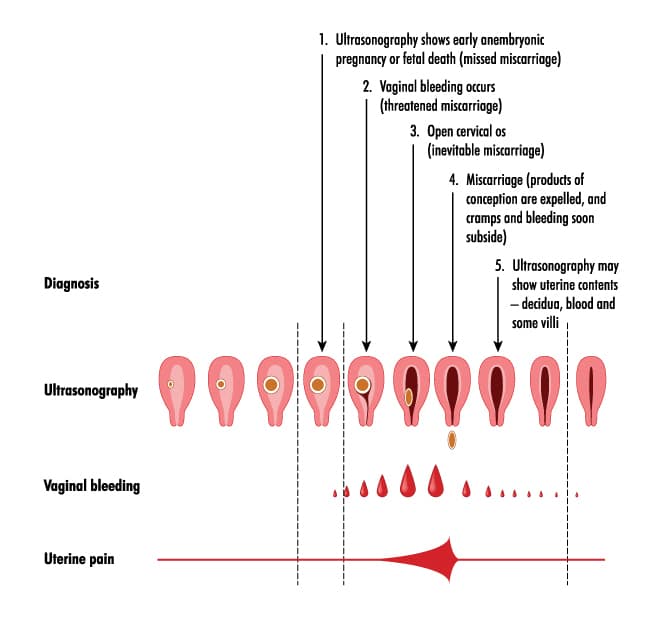 D.
D.
Categories: Healthy Driven Moms
Losing a baby is heartbreaking no matter when it happens. Sadly, miscarriage is common, occurring in 10-25 percent of all known pregnancies, most often within the first three months of pregnancy.
On Oct. 1, 2020, model Chrissy Teigen revealed in an Instagram post that she had suffered a miscarriage.
"We are shocked and in the kind of deep pain you only hear about, the kind of pain we’ve never felt before. We were never able to stop the bleeding and give our baby the fluids he needed, despite bags and bags of blood transfusions. It just wasn’t enough," she wrote.
If you’ve experienced a pregnancy loss, even if the pregnancy ended very early, you may feel more sadness than you ever thought possible.
In the past, a woman may have miscarried and never knew she was pregnant. Today, you can know within hours of conception if you are pregnant, which can make it more difficult when you suffer a loss. You had more time to bond with your baby, and make dreams for the future; and when these dreams get shattered, it can be devastating.
You had more time to bond with your baby, and make dreams for the future; and when these dreams get shattered, it can be devastating.
The emotional impact of pregnancy loss often takes longer to heal than the physical impact. You may feel guilt, anger, shock, sadness, numbness and a sense of failure. Many woman have questions.
- Did I cause it? Some women worry they did something to cause their pregnancy loss. Don’t blame yourself. This is something that happened to you, not something you did. Most miscarriages happen because the pregnancy was not normal (about half of all cases of early pregnancy loss are due to fetal chromosomal abnormalities).
- Can I get pregnant after a miscarriage? At least 85 percent of women who have miscarriages go on to have normal pregnancies and births. Repeated pregnancy losses are rare, and comprise only about 1-2 percent of women. Even still, three out of every four women who've had unexplained recurrent miscarriages go on to have a healthy baby.
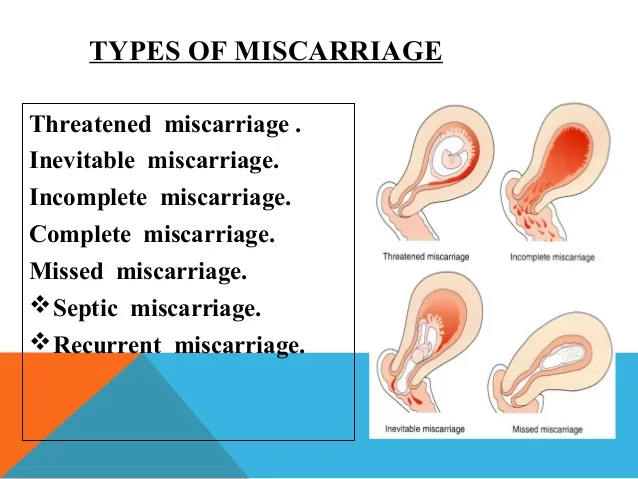
- How long do I have to wait before I can try to have a baby again? It depends on your unique situation, so talk with your doctor about it. It may be best to wait until after you have a menstrual period before trying to conceive again. Taking time to heal both physically and emotionally after a miscarriage is important.
- Can another miscarriage be prevented? Most factors that cause a miscarriage are outside of a woman’s control. A woman has a higher risk of miscarriage if she is over age 35 and has certain medical conditions. For some women with hormone problems, doctors may recommend supplementing with progesterone to try to prevent another miscarriage.
- Will I ever feel better? Recovery after a miscarriage involves physical and emotional healing. What can you do to cope with the loss and start feeling better? Try these 6 tips for coping after a miscarriage:
- Give your body and mind time to heal – Time is often the best healer.
 Your body needs time to get back to normal, and so does your mind and emotional health. Try to wait a few months before starting a new job, moving to a new home, or other big life changes.
Your body needs time to get back to normal, and so does your mind and emotional health. Try to wait a few months before starting a new job, moving to a new home, or other big life changes. - Let yourself grieve the loss – Allow yourself to go through the grieving process, from shock, anger, guilt and depression to acceptance. If you feel like you need to cry, then cry. Stop to acknowledge your loss. If your feelings of sadness are long-lasting, talk with your doctor.
- Take care of yourself – You have been through a traumatic loss, but life must go on. Try to stick to a regular sleep schedule, eat well and maintain a healthy weight, do something active each day, relax, limit caffeine intake, avoid alcohol and don’t smoke.
- Get support – When you’re ready, share your feelings with your partner, family and friends. Join a web-based forum with other woman who have gone through pregnancy loss. Talk to a religious or spiritual leader, a counselor or therapist.
 Join a pregnancy loss support group.
Join a pregnancy loss support group. - Commemorate your baby – It can be tough to move on emotionally without some sort of closure. Have a small ceremony to say goodbye, make a memory box, write a farewell letter, commemorate your child's life in a special garden, get a special piece of jewelry with a birthstone — whatever feels right for you. Attend a SHARE meeting or an upcoming SHARE event. Learn about SHARE Walk to Remember.
Pregnancy loss can be devastating. It changes your hopes and dreams for the future. One thing is for certain, you aren’t alone. Try to stay positive and focus on the future.
Edward-Elmhurst Health offers a Perinatal Bereavement Program with a dedicated, multidisciplinary staff of nurses, social workers and chaplains — all trained to provide family support in the event of a perinatal loss.
Families can also receive support through the SHARE Program, a local and national organization that serves and supports those who are touched by the loss of a child through miscarriage, stillbirth or early infant death. For more information about SHARE, call 630-527-3263.
- SHARE is a support group for parents who have experienced ectopic pregnancy, miscarriage, stillbirth or early infant death. Groups meet at both Edward and Elmhurst Hospitals.
- Sharing HOPE (Having Optimistic Pregnancy Expectations) is a support group for parents who have experienced a loss and are now pregnant or considering pregnancy. Group meets at Edward Hospital only.
Get support to cope with the loss of a child.
Women: Know your heart-healthy stats
5 things to know about weight loss surgery
How to know when chest pain signals a heart attack
Featured Expert
Julie Jensen, M.D. Specialty: Obstetrics and Gynecology
Dr. Jensen values patient-centered medical care. Read More >>
Blog Category
Healthy Driven Stories with Mary Lou Mastro
Our very own President & CEO Mary Lou Mastro will post about what our patients want to know, from the latest buzz in our hospitals to what’s new in health care.
Healthy Driven Life
We’ve got fresh new ideas about how to lead a healthier life! Our physicians and other experts will post about exercise and fitness, recipes, wellness advice and more.
Healthy Driven Heroes
Our stories about patients who bravely and proactively improved their health, and the caregivers who helped them along the way, are sure to motivate and inspire.
Healthy Driven Moms
Our physicians and other experts will post about all things moms and moms-to-be want to know.
Healthy Driven Cancer Fight
Our physicians and other experts will post about issues that matter most to people affected by cancer.
Healthy Driven Hearts
Our physicians and other experts will post about the latest treatments and more for living a heart healthy life.
Healthy Driven Minds
Our physicians and other experts will post about improving mental health and well-being.
Healthy Driven Voices of Diversity
By creating platforms and opportunities that allow us to come together, we can begin to know and understand each other.
Healthy Driven Community
Read stories that illustrate our commitment to keeping our community healthy.
Healthy Driven Chicago®
Our physicians and other experts will post about the steps you can take today to stay healthy and fit for years to come.
If you have reached this screen, your current device or browser is unable to access the full Edward-Elmhurst Health Web site.
To see the full site, please upgrade your browser to the most recent version of Safari, Chrome, Firefox or Internet Explorer. If you cannot upgrade your browser, you can remain on this site.
- I want to...
- Schedule online
- Log into Patient Portal/MyChart
- Listen to our podcast
- Pay My Bill & Estimate Costs
- Take a Health Assessment
- Find a class or support group
- Search Careers
- Donate
- Contact Us
This website uses cookies that measure website usage and help us give you the best experience. By continuing to use this website, you consent to this website’s use of these cookies and you accept and agree to our Website Privacy Policy and Terms of Use.
By continuing to use this website, you consent to this website’s use of these cookies and you accept and agree to our Website Privacy Policy and Terms of Use.
Treatment and prevention of miscarriage
Miscarriage. Symptoms
Causes of a miscarriage
Questions to ask your doctor about a miscarriage
Diagnosis of a miscarriage
If there is a risk of a miscarriage, your doctor may recommend rest until the bleeding or pain stops. Your doctor may also recommend that you abstain from sports and sexual activity. It is better not to travel, and especially not to travel to places where it is difficult to get emergency medical care.
Thanks to the widespread use of ultrasound, it is much easier these days to know if an embryo has died or not formed at all, and to know for sure that a miscarriage will occur. In this case, there are several options:
Expectant tactics. Before ultrasound was used in early pregnancy, most women had no idea that they were going to have a miscarriage. Some women allow the process to develop naturally. Usually a miscarriage occurs a few weeks after the death of the embryo is established. Unfortunately, this process can take three to four weeks. From an emotional point of view, this can be quite a difficult period.
Some women allow the process to develop naturally. Usually a miscarriage occurs a few weeks after the death of the embryo is established. Unfortunately, this process can take three to four weeks. From an emotional point of view, this can be quite a difficult period.
Conservative treatment for miscarriage. If, after diagnosing a miscarriage, a woman decides to speed up the process, then the removal of the embryonic tissue and placenta from the body can be provoked by taking certain drugs. Some medications are taken by mouth, but your doctor may prescribe intravaginal medications to increase their effectiveness and reduce the risk of side effects such as nausea, abdominal pain, and diarrhea. Most likely, a miscarriage will occur at home. The time of action of the drug may vary. You may also need more than one dose of the drug. In 70% of cases, the drug begins to act within a day, and a miscarriage occurs in the next few days or weeks.
Surgical treatment.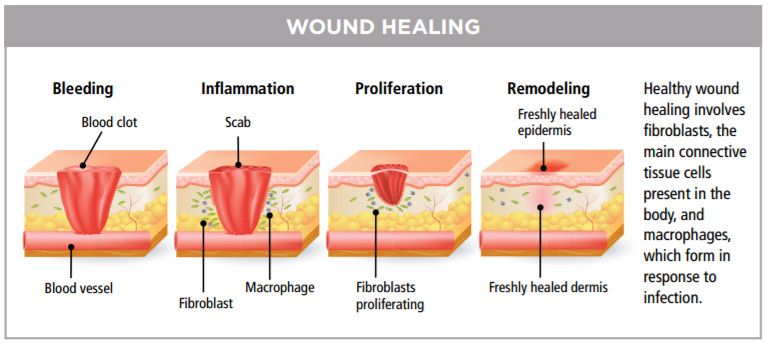 Another treatment option is vacuum aspiration and curettage. During this procedure, the doctor opens the cervix and, using a special device, gently sucks tissue from the uterus. Sometimes a special metal surgical instrument with a loop at the end (curette) is used to scrape the walls of the uterus after vacuum aspiration. Complications are rare, but the connective tissue of the cervix or the wall of the uterus may be damaged.
Another treatment option is vacuum aspiration and curettage. During this procedure, the doctor opens the cervix and, using a special device, gently sucks tissue from the uterus. Sometimes a special metal surgical instrument with a loop at the end (curette) is used to scrape the walls of the uterus after vacuum aspiration. Complications are rare, but the connective tissue of the cervix or the wall of the uterus may be damaged.
In the event of an unavoidable miscarriage, surgery is necessary to stop the bleeding.
Lifestyle and home care
Physical recovery
In most cases, physical recovery after a miscarriage takes a few hours to a few days. It will take 4-6 weeks to return to a normal lifestyle. During this period, if you experience heavy bleeding, fever, chills or severe pain, you should contact your doctor. These signs and symptoms may indicate an infection. For two weeks after a miscarriage, you should not have sex, use tampons, or flush your vagina.
Subsequent pregnancy
It is possible to become pregnant during your period immediately after a miscarriage. If you and your partner decide to try for a baby, make sure you are emotionally and physically ready for it. The doctor may recommend to postpone this process until the next menstruation, and maybe even more.
More than three miscarriages in a row should be investigated to determine the underlying causes, such as uterine abnormalities, coagulation problems, or abnormalities at the chromosomal level. In some cases, the doctor will suggest that you get tested after two miscarriages in a row, but two miscarriages still may not have hidden medical reasons. If the cause of miscarriages cannot be determined, do not lose hope. 60-70% of women who have had consecutive miscarriages can become pregnant in the future, even without treatment.
Coping with illness and finding support
Psychological recovery can take much longer than physical recovery.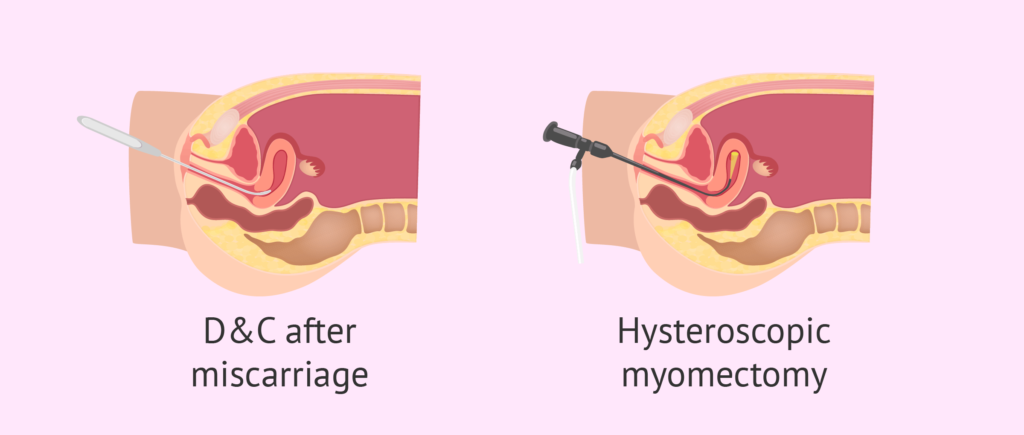 A miscarriage is a painful loss that others will not be able to fully understand. You can experience completely different feelings: from anger to despair. Give yourself time to process this grief and find support from loved ones. Don't blame yourself for what happened. You may not be able to forget all the hopes and dreams you had for this pregnancy, but over time, acceptance will ease the pain. Talk to your healthcare provider if you are experiencing deep sadness or depression.
A miscarriage is a painful loss that others will not be able to fully understand. You can experience completely different feelings: from anger to despair. Give yourself time to process this grief and find support from loved ones. Don't blame yourself for what happened. You may not be able to forget all the hopes and dreams you had for this pregnancy, but over time, acceptance will ease the pain. Talk to your healthcare provider if you are experiencing deep sadness or depression.
Prevention
With so many possible causes of miscarriage, there is simply no way to prevent it. It is better to concentrate all your energy on taking care of yourself and your unborn child. Seek medical attention and avoid known risk factors such as smoking and drinking alcohol. In the presence of chronic diseases, you need to consult with your doctor in order to monitor your health.
You can get more detailed information about miscarriage from the gynecologists of the Health 365 clinic in Yekaterinburg.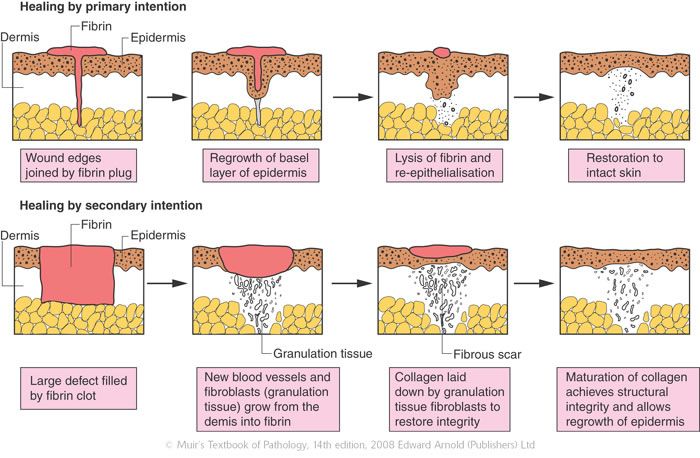
Prices
Gynecologist, initial appointment
2300 i
Miscarriage. What to do after a miscarriage?
When a woman finds out about her pregnancy, she changes her rhythm of life, especially if the pregnancy is desired. However, depending on many circumstances, miscarriage may occur, that is, a natural termination of pregnancy. Statistics say that up to 20 percent of pregnancies end in pathological abortions. Often a woman may not know that she was pregnant, as a miscarriage sometimes occurs at a very early stage and seems to be just a normal delay in menstruation followed by heavy discharge.
If a woman finds out that she is pregnant and wants to become a mother, she should be very attentive to her condition. The threat of miscarriage often occurs in the early stages of pregnancy and therefore it is necessary to know what symptoms and signs precede a sudden miscarriage.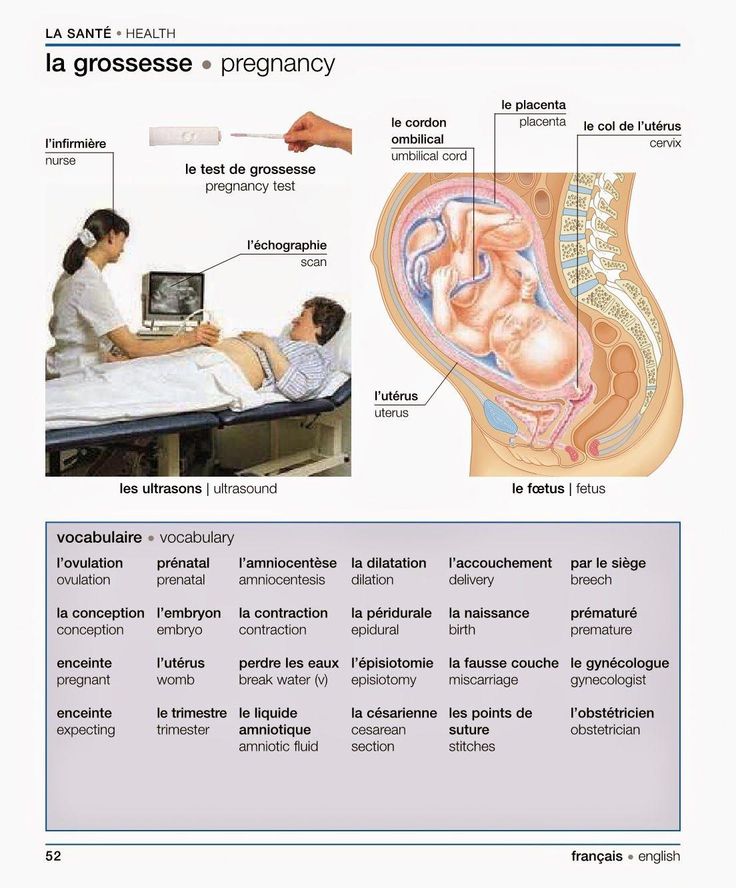
Signs
The main sign of a suspected miscarriage is bleeding from the uterus. They happen not abundant, pale scarlet or gray-brown. The discharge most often gradually increases and is characterized by sudden spasms or pulling pains in the lower abdomen. These symptoms may last for some time.
The pains are often so mild that the woman simply does not pay attention to them. They are able to be interrupted, and the woman simply forgets about them, especially if the discharge also stopped, and before that they were insignificant. Meanwhile, the very first symptoms should alert you and you should urgently go to the gynecologist for examination and consultation. Even if the process has stopped, after a few days you can feel a sharp deterioration in health, and then you can no longer save the life of the unborn child. Be sure to pay attention to what exactly comes out with the discharge, if there are tissue fragments, it means that miscarriage has already occurred. Therefore, one should not hesitate to go to the doctor, the fetus may come out, in whole or in parts, there may be white particles or a round gray bubble. When the body is completely cleansed, the pain will subside, but before that it may continue for some time.
Therefore, one should not hesitate to go to the doctor, the fetus may come out, in whole or in parts, there may be white particles or a round gray bubble. When the body is completely cleansed, the pain will subside, but before that it may continue for some time.
Terms of miscarriage
A miscarriage is classified as early if it occurred before twelve weeks from the onset of pregnancy. Starting from the 22nd week, if a spontaneous miscarriage has occurred, it is considered late. If the termination of pregnancy occurred before thirty-seven weeks, then this is already called premature birth. All subsequent fetal rejections are called term births and are generally considered normal, since during this period, mostly able-to-survive children are born. In modern medicine, children born after 22 weeks are nursed and subsequently do not differ from those born at term with normal weight.
Types of miscarriages
Specialists have identified several types of miscarriages.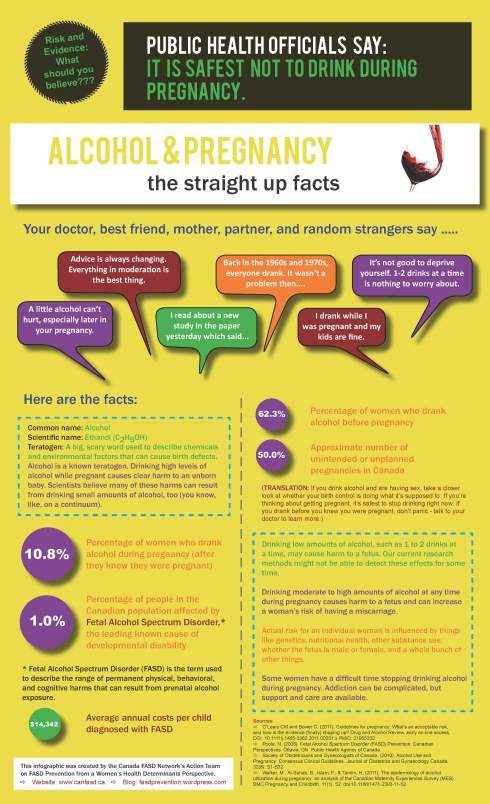
- Complete or unavoidable – characterized by lower back pain and dilatation of the cervix, hemorrhages from it. The fetal membrane necessarily bursts, and the pregnancy is terminated. The fetus comes out of the uterus, and all discomfort in the form of pain and bleeding stops.
- Miscarriage is different in that the fetus died, but remained in the mother's body. This can be detected by a doctor when examining a woman and when listening to the fetal heartbeat.
- Repeated miscarriage is rare, it occurs only some time after the first and can occur up to three times in a row in the early stages.
Causes of spontaneous abortion
The vast majority of women, having learned about their pregnancy, want to give birth to a healthy baby. And if a spontaneous miscarriage occurs, then for a failed mother this is a real tragedy. Many, having experienced an abortion, try to conceive a child faster again, but first you need to know the reasons for what happened in order to save the fetus in the future. According to statistics, the largest number of miscarriages occurs precisely in the early stages.
According to statistics, the largest number of miscarriages occurs precisely in the early stages.
There are several reasons for this:
- Violations in genetics.
This is the most common cause of miscarriage. This is not due to heredity, it is a consequence of the mutation of parent germ cells, which accidentally ended up in unfavorable conditions. This is also the influence of radiation, poisoning, viruses, that is, temporary situations that affected the quality of germ cells. The body thus gets rid of a weak non-viable fetus. It is impossible and unnecessary to prevent such spontaneous abortion. It is only necessary, having decided to become pregnant, to try to cleanse your body of possible harmful influences.
- Hormonal disorders
The cause of a miscarriage at a very early stage also lies in the lack of the hormone progesterone, or in the fact that a woman has an excess of male sex hormones that suppress the production of estrogen and progesterone in her body. In this case, the fetus can be saved medically by administering the necessary medicines to the woman. The work of the adrenal glands, as well as the thyroid gland, affects the production of hormones, so a lot depends on the work of these glands throughout the pregnancy process.
In this case, the fetus can be saved medically by administering the necessary medicines to the woman. The work of the adrenal glands, as well as the thyroid gland, affects the production of hormones, so a lot depends on the work of these glands throughout the pregnancy process.
- Immunological causes .
In this case, the vitality of the fetus is directly affected by the Rh conflict. The embryo will inherit the positive Rh of the man, and if the partner has a negative Rh, then her body simply rejects cells that are foreign to him. A similar situation can be prevented by injecting the expectant mother with a variety of progesterone, a process called immunomodulation.
Sexually transmitted infections such as toxoplasmosis, syphilis, trichomoniasis, chlamydia and others are of great danger. External infection: bacteria and viruses infect the fetal membranes, and the body will inevitably reject the embryo. Therefore, before becoming pregnant, you should be examined to know for sure that there are no infections, and if the result is positive, undergo treatment.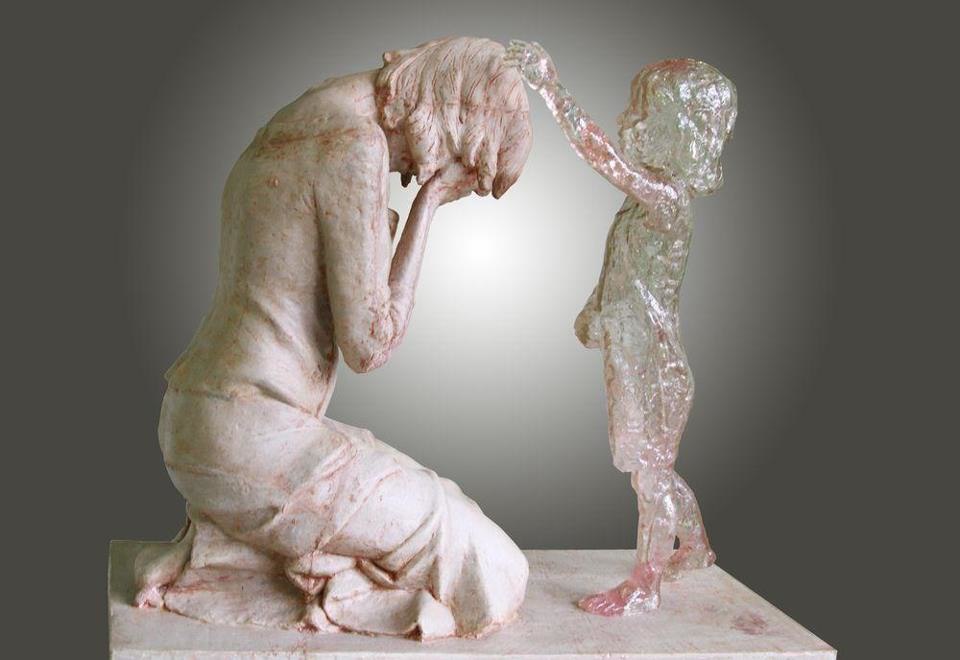
In addition, all inflammatory processes, various diseases of the internal organs, which are accompanied by a persistent high temperature, can also lead to unexpected rejection of the fetus. Rubella is especially dangerous, and viral hepatitis is common. But even a sore throat, mild pneumonia, appendicitis sometimes play a key role and lead to a miscarriage, so the expectant mother must undergo a thorough examination even before the child is conceived, and then beware of all kinds of infections and weakening of the body.
- Medical abortion.
If a woman had an abortion in a hospital and then became pregnant and decided to give birth, there is a risk that she will have a miscarriage. Abortion is a stress factor for the body, ovarian dysfunction is often observed, inflammatory processes in the female genital organs can begin, and all this will lead, at best, to miscarriage and subsequent repeated miscarriages, and at worst, to infertility. Therefore, you need to think very seriously before going for an abortion.
Therefore, you need to think very seriously before going for an abortion.
- Medicines and certain herbs.
Pregnant women should not take any medication at all, especially during the first three calendar months. Medicines and herbs can cause various defects in the fetus, which in turn will lead to its rejection. Analgesics and uncontrolled hormonal contraceptives are especially dangerous. Parsley and nettle should be eaten with caution - they cause a high tone of the uterus, which in turn can reject the fetus.
- Stress.
It is no coincidence that in ancient times, pregnant women were protected from unrest, they were created comfortable conditions, they tried to give as many positive emotions as possible. Now the direct dependence of the health of the unborn baby on the mental state during pregnancy has already been proven. Any stress, fear and overstrain can cause an unexpected termination of pregnancy. If you have a problem (death of a loved one, divorce, etc.), you need to find sedatives with the help of a doctor, they will help you cope with this period.
If you have a problem (death of a loved one, divorce, etc.), you need to find sedatives with the help of a doctor, they will help you cope with this period.
- Unhealthy lifestyle.
Of course, the intake of alcoholic beverages, an unhealthy lifestyle, smoking, even coffee consumption in large quantities, improper diet - all this can lead to a transient miscarriage. Therefore, the expectant mother should prioritize and change her rhythm of life in advance in order to give birth to a healthy child.
- Sexual intercourse, falling, heavy lifting.
All of these factors can affect the fetus, so you should protect yourself and your baby by avoiding these activities.
What to do after a miscarriage?
Having experienced the tragedy of losing a child, parents often intend to immediately conceive a new baby, but they are afraid that everything will happen again. In this case, you do not need to make independent decisions, but consult a doctor. And first of all, it is necessary to identify the cause that led to the miscarriage. For this, the expectant mother needs to undergo as thorough an examination as possible.
In this case, you do not need to make independent decisions, but consult a doctor. And first of all, it is necessary to identify the cause that led to the miscarriage. For this, the expectant mother needs to undergo as thorough an examination as possible.
If no obvious cause is found, the fetus most likely has a chromosomal abnormality. In this case, you should not worry, since the next conception will occur with a different set of chromosomes, which means that there will be no repeated miscarriage. If the miscarriage was repeated, it is necessary to contact a geneticist and conduct a study of the set of chromosomes of both parents. If it turns out that the cause was an infection, then it is necessary to fully recover. If we are talking about sexual infections, then both parents need to undergo therapy. It is necessary to take tests for hormonal studies, hemostasis systems and determine the immune status.
After a miscarriage, should be treated, if necessary, and pause between conceptions.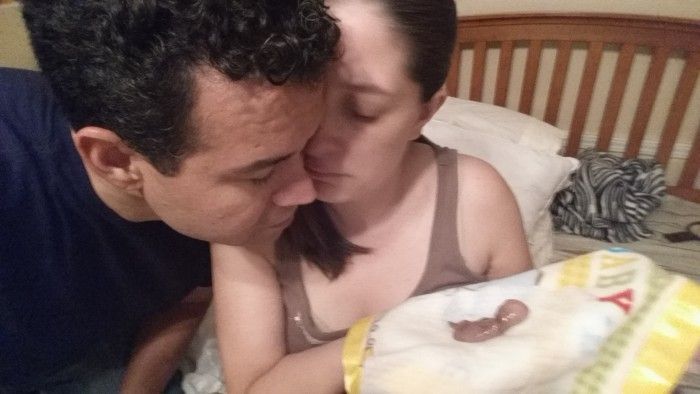 During pregnancy, medications should not be taken to prevent recurrent spontaneous pathological termination of pregnancy. Therefore, you can become pregnant only after the end of the course of treatment. If the cause was hormonal abnormalities, then the expectant mother should take special preparations to stabilize the background, and at this time she should never become pregnant. During the pause, you need to choose contraceptives with the help of a doctor. You can go to a specialized clinic where you will be prescribed a full course of rehabilitation.
During pregnancy, medications should not be taken to prevent recurrent spontaneous pathological termination of pregnancy. Therefore, you can become pregnant only after the end of the course of treatment. If the cause was hormonal abnormalities, then the expectant mother should take special preparations to stabilize the background, and at this time she should never become pregnant. During the pause, you need to choose contraceptives with the help of a doctor. You can go to a specialized clinic where you will be prescribed a full course of rehabilitation.
During the first week after a miscarriage women often experience pain in the lower abdomen, heavy bleeding, so you should refrain from sexual intercourse with a man. If there is severe bleeding, acute pain in the lower abdomen, convulsions, high fever, palpitations, nausea, vomiting, then you should immediately consult a doctor to identify the cause of this condition. It is necessary to plan a subsequent pregnancy not earlier than three months after this situation, but preferably six months later. Until that time, it is worth reconsidering your outlook on life, giving up hard work, eating right and wisely, taking vitamins, exercising, losing weight if you are overweight, stop smoking, drinking alcohol, think over your daily routine.
Until that time, it is worth reconsidering your outlook on life, giving up hard work, eating right and wisely, taking vitamins, exercising, losing weight if you are overweight, stop smoking, drinking alcohol, think over your daily routine.
It is very important during this recovery period to have a positive attitude and confidence that the next attempt will be successful. It is more difficult to do than to say, because after a miscarriage the woman is in a depressed state and is afraid of a repetition of the situation. You can’t get hung up on your problem, during this period it’s better to do some favorite thing, relax, change the situation, travel, visit the city more often. The modern ecological situation in cities has a bad effect on women's health, so private trips to nature, a trip to the sea, to friends in another city can distract from painful thoughts. An important role in this case is played by the woman's relatives and, above all, the husband, who can surround her with care and attention, creating peace of mind.